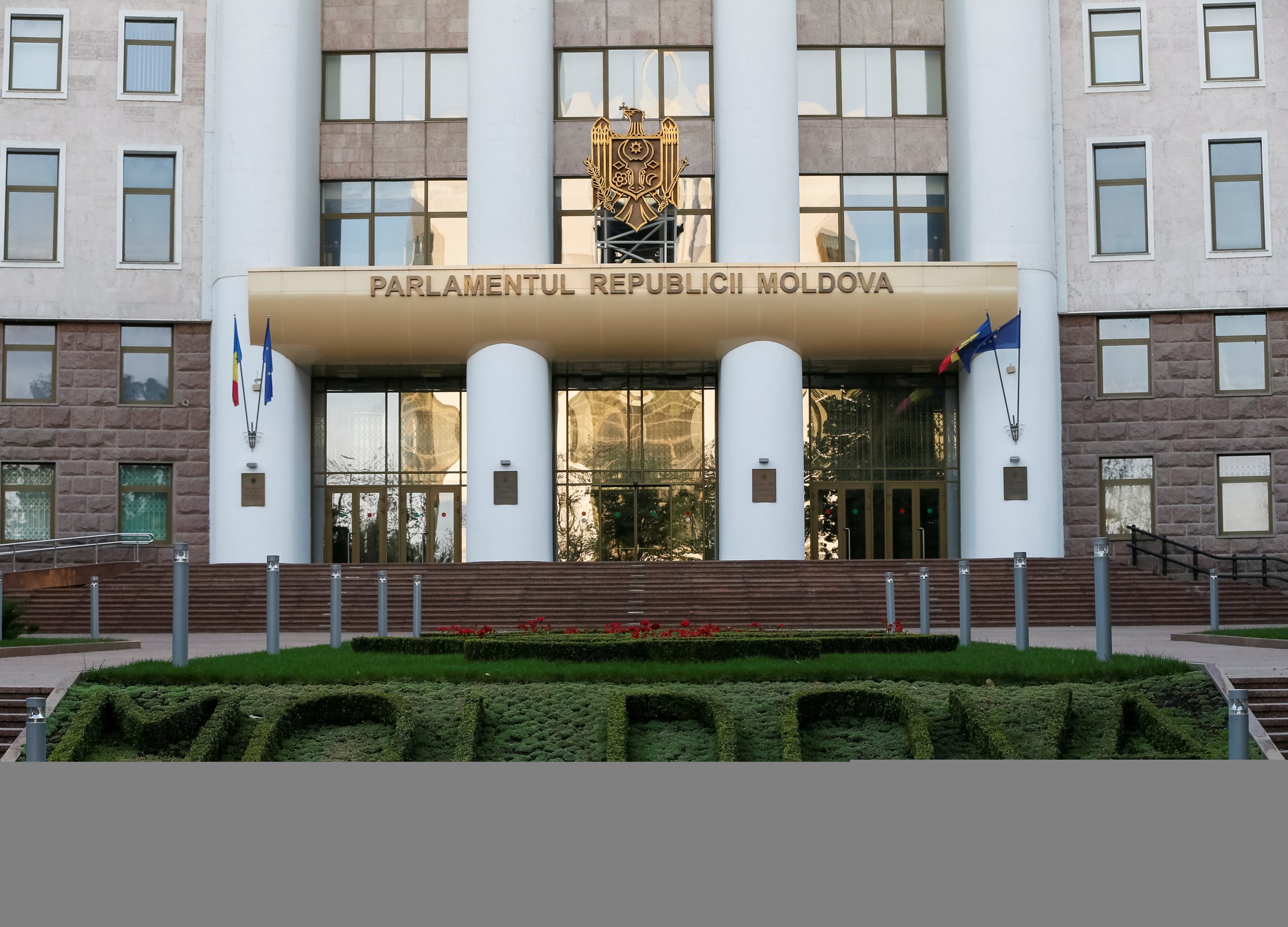
Moldovans preparing to elect a new president later this month are being asked to choose between pro-European Union and pro-Russian candidates in a ballot that reflects the polarization of the political landscape.
But, unlike neighboring Ukraine, these distinctions are artificial and misleading, only serving to mask the avarice and cynicism of many of the country's politicians—something Brussels and Moscow are all too aware of.
The election on October 30 will be the first opportunity in over 15 years for Moldovans to decide on their president. This change was brought about by a constitutional court ruling in March stipulating that the head of state should be selected by a popular vote rather than parliamentary appointment. If you believe the Moldovan media, the outcome of the election could determine the tiny country's geopolitical orientation. But in reality, little will change whoever is elected.
The geopolitical rivalry is little more than a distraction from the chronic economic problems that beset Moldova, one of the poorest countries in Europe. Politicians have largely failed to introduce much-needed reforms, with many accused of mismanaging the economy and corruption, leaving the country perilously close to becoming a failed state.
As in previous national elections, the rival political camps are ratcheting up their respective media outlets—or, to be more precise, propaganda machines—to warn of the dangers of not putting one of their own in power. The pro-EU parties speak of the threat of Russian tanks rolling across the border, while their pro-Russian counterparts raise fears of the country becoming a NATO outpost.
The rhetoric is effective, but not because the country is genuinely split into rival Western- and Eastern-leaning constituencies. These divisions have been artificially created by the political establishment that over the years exploited the former Soviet country's lack of identity and vulnerability. In the years following independence in 1991, the Moldovan sense of nationhood was strong, but the country's small size and incipient Romanian nationalism allowed politicians to argue disingenuously that Moldova needed powerful allies in order to survive.
Parties offering opposing visions of the country's future appeared on the scene, some advocated closer ties with the EU, while others sought to strengthen relations with Russia. Both worked assiduously to carve up the electorate. In the early 2000s, the pro-Russian Communist Party held sway but disillusionment with its economic policies culminated in the 2009 electoral triumph of a pro-EU coalition that vowed to integrate Moldova into the union.
Brussels welcomed the new government and pledged support, which translated into largely unconditional financial aid that the Moldovans demanded for reforming the judiciary and law enforcement bodies, in particular. European bureaucrats later grew sceptical of the coalition's ability and willingness to deliver. Some probably began to question whether the country's leaders were even genuine about closer ties. Yet the money kept flowing amid concerns over Chisinau embracing the Kremlin.
But Brussels' patience came close to breaking point in 2014 when news emerged of a major financial scandal that saw $1 billion looted from three Moldovan banks and, separately, $46 billion laundered via the banking system, deepening the country's grim reputation for corruption. As both crimes could only have been committed with, at the very least, the knowledge of some senior officials, the IMF pulled out of a cooperation agreement and the EU froze 400 million euros of funding.
However, neither Brussels nor Washington severed ties with the government in Chisinau. They continued to cooperate in the hope that the presidential election could still be won by an authentically pro-EU candidate. But, it seems, they are set to be disappointed because recent polls show that Igor Dodon, the leader of the Socialist Party of Moldova, is leading the race.
As if on cue, Dodon has been playing to his constituency, saying that he would revive economic ties with Russia and reconsider EU trade accords. Just as predictably, the ruling coalition has warned of the possibility of a Russian military invasion, or a Crimea-style annexation, should a pro-Russian candidate win. During a recent state visit to Washington, the speaker of the Moldovan parliament Andrian Candu even accused the Russians of financing Moldovan parties and politicians in order to influence the outcome of the election.
While there is every chance that Dodon will be elected president, the scaremongering will be seen for what it is, as he is very unlikely to embrace Moscow. That is because many pro-Russian politicians, just like a good deal of their pro-EU rivals, talk a great deal about geopolitical alliances but do little to actually bring them about. President Vladimir Putin has been less blinkered in this regard than Brussels officials, refraining from openly backing his professed supporters in Moldova since, rhetoric aside, they have yet to demonstrate that they are serious.
Nicolae Reutoi is a senior analyst at Alaco, a London-based business intelligence consultancy. He is a CIS (Commonwealth of Independent States) specialist.
Uncommon Knowledge
Newsweek is committed to challenging conventional wisdom and finding connections in the search for common ground.
Newsweek is committed to challenging conventional wisdom and finding connections in the search for common ground.
About the writer
To read how Newsweek uses AI as a newsroom tool, Click here.








